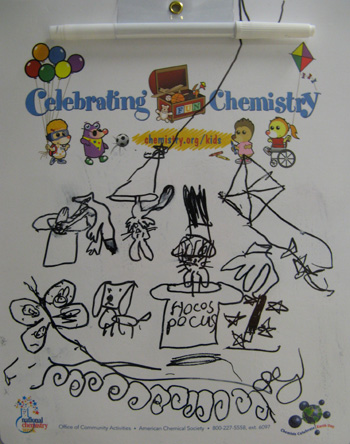Back in June, I wrote a post examining the Hellinga retractions. That post, which drew upon the Chemical & Engineering News article by Celia Henry Arnaud (May 5, 2008) [1], focused on the ways scientists engage with each other’s work in the published literature, and how they engage with each other more directly in trying to build on this published work. This kind of engagement is where you’re most likely to see one group of scientists reproduce the results of another — or to see their attempts to reproduce these results fail. Given that reproducibilty of results is part of what supposedly underwrites the goodness of scientific knowledge, the ways scientists deal with failed attempts to reproduce results have great significance for the credibility of science.
Speaking of credibility, in that post I promised you all (and especially Abi) that there would be a part 2, drawing on the Nature news feature by Erika Check Hayden (May 15, 2008) [2]. Here it is.
In this post, I shift the focus to scientists’ relationships within a research group (rather than across research groups and through the scientific literature). In research groups in academic settings, questions of trust and accountability are complicated by differentials in experience and power (especially between graduate students and principal investigators). Academic researchers are not just in the business of producing scientific results, but also new scientists. Within training relationship, who is making the crucial scientific decisions, and on the basis of what information?
The central relationship in this story is that between Homme W. Hellinga, professor of biochemistry at Duke University, and graduate student Mary Dwyer.
Continue reading→

